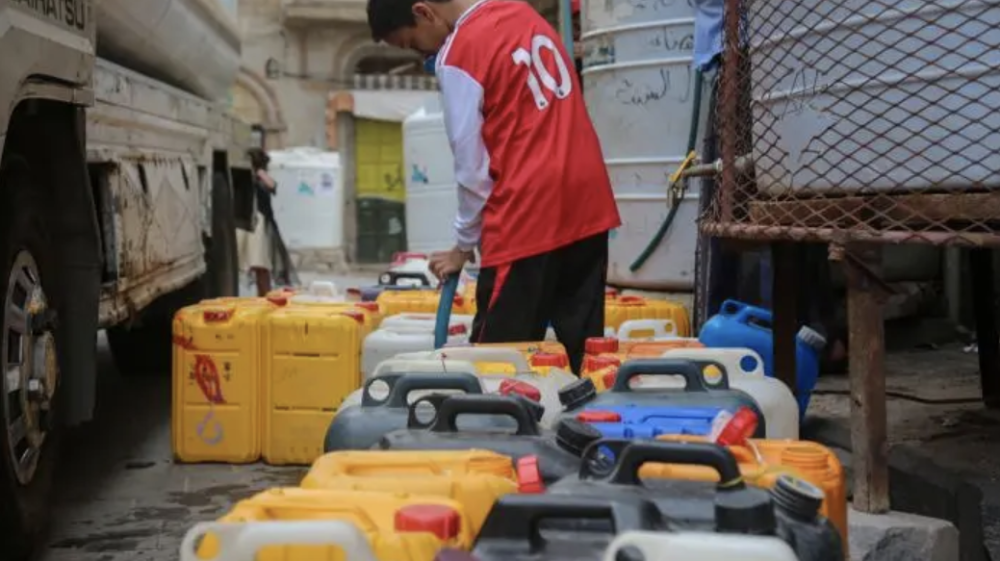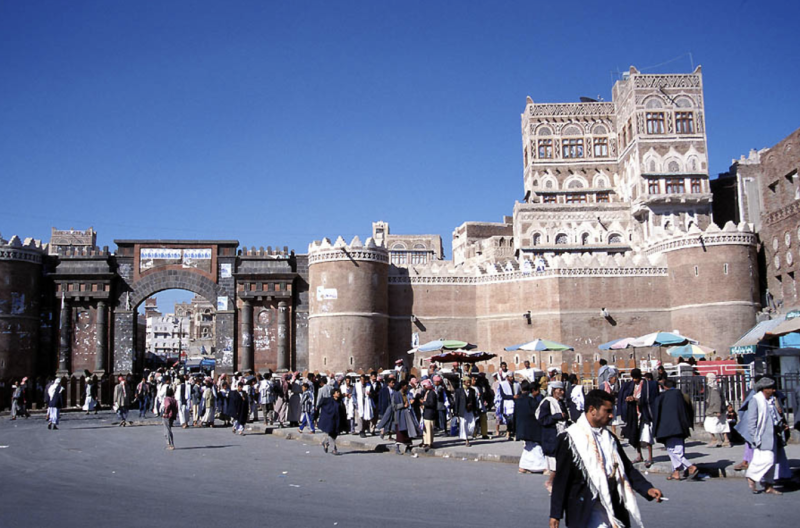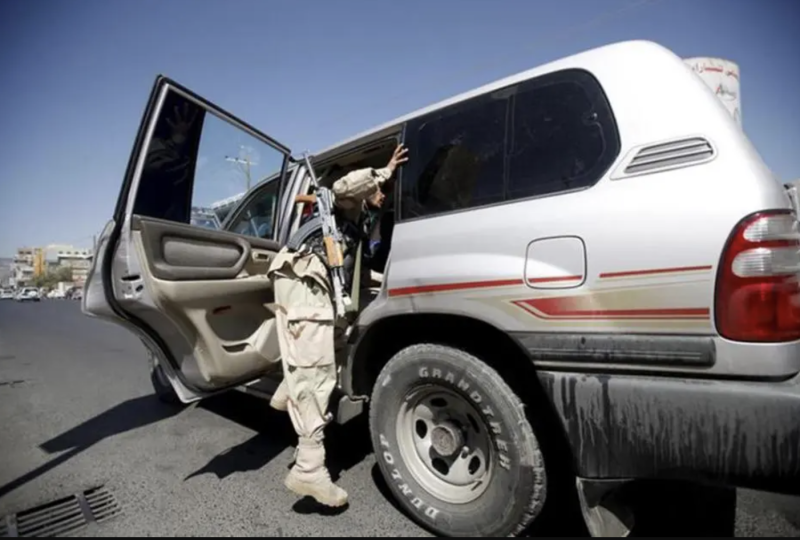Yemen : Houthi Authorities Accused of Cutting Power and Sewage Services to Indebted Residents in Sana’a


Sana’a — A series of investigative reports have exposed alarming practices by Houthi-run local authorities in the Yemeni capital, Sana’a, where residents say they are being punished for unpaid utility bills through deliberate cuts to electricity and sewage services.
According to testimonies gathered by local media outlets and civil society monitors, dozens of households in various neighborhoods of Sana’a have experienced complete power outages and blocked sewage lines after failing to pay mounting electricity and sanitation fees. The measures, reportedly enforced by municipal teams under Houthi supervision, have left families in darkness and exposed to serious health risks.
Residents described the actions as collective punishment, noting that many affected families include elderly individuals, children, and people with disabilities. “We’re not refusing to pay,” said one resident in the Al-Safia district. “We simply can’t afford it. Instead of helping us, they’re cutting off our basic rights.”
The reports indicate that the campaign intensified in recent weeks, with Houthi authorities allegedly deploying technicians to disconnect power lines and seal sewage outlets in areas deemed non-compliant. In some cases, residents were warned that services would not be restored until full payment was made — regardless of financial hardship.
Human rights advocates have condemned the practice, calling it a violation of international humanitarian standards. “Access to electricity and sanitation is not a privilege — it’s a necessity,” said a spokesperson for the Yemen Human Rights Observatory. “Punishing civilians for poverty is both unethical and dangerous.”
The situation has sparked renewed debate over the governance model in Houthi-controlled territories, where public services are increasingly tied to political loyalty and financial compliance. Critics argue that the group is using essential infrastructure as a tool of coercion, deepening the suffering of an already vulnerable population.
Sana’a, home to over 2 million people, has faced chronic shortages of electricity and water since the start of the conflict. While some residents rely on solar panels or private generators, many cannot afford alternatives. The sewage system, already fragile, has seen repeated breakdowns, raising fears of disease outbreaks.
As humanitarian conditions worsen, civil society groups are urging international organizations to investigate the reports and pressure Houthi authorities to halt punitive service cuts. They also call for emergency support to restore access to electricity and sanitation for affected families.

Sana’a — A tragic incident unfolded in the Bab al-Yemen district of central Sana’a this week, when a Yemeni citizen set himself o…

Sana'a — A Leader affiliated with Houthi militias Leader reportedly abducted two young girls tending sheep in a valley of Al-Ayoubi area, Qa&…

Aden -- Human Rights Watch (HRW) has issued a new report documenting a wave of arbitrary detentions carried out by Houthi authorities in Yemen in r…